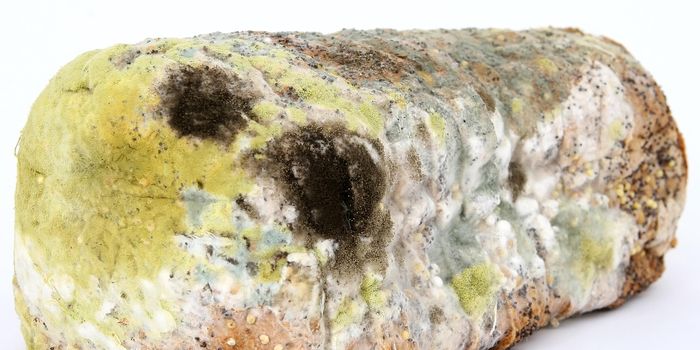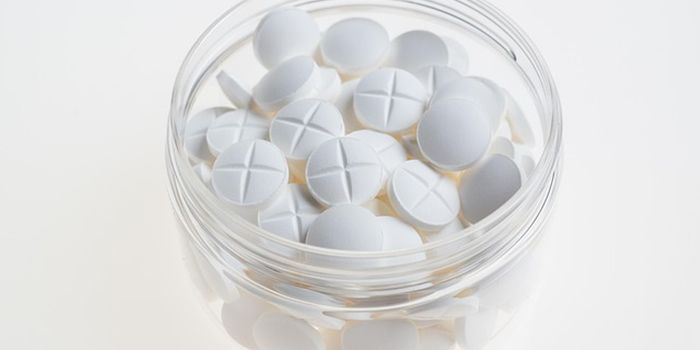Salt Substitutes Are Effective and Easy for Controlling High Blood Pressure
A survey conducted by the American Heart Association has shown that very few Americans are using salt substitutes, even though they are a cheap and effective way to lower high blood pressure.
The survey included over 37,000 American adults who were surveyed between 2003 and 2020. The survey participants were divided into four groups depending on their blood pressure status: (1) high blood pressure that was treated and under control, (2) high blood pressure that was treated but not under control, (3) high blood pressure that was not treated, and (4) normal blood pressure. The survey measured how often the participants used salt substitutes and how often they ate at restaurants. Salt substitutes generally replace some or all of the sodium in a food product with potassium. Potassium has a similar taste to salt at room temperature and can help effectively manage high blood pressure. High blood pressure is a serious condition that can lead to strokes and heart attacks if left untreated.
The results of the survey showed that usage of salt substitutes was low throughout the time period of the survey, peaking at only 5.4% in 2013–2014. The usage of salt substitutes tended to be highest among people with high blood pressure that was treated and controlled, followed by people with high blood pressure that was treated but uncontrolled. There was some evidence that people who ate at restaurants three or more times per week were less likely to use salt substitutes than those who ate out less often, but the difference was not statistically significant.
The authors of the survey noted that this study highlights a straightforward way to improve high blood pressure in the United States through increased use of salt substitutes. To improve usage, healthcare professionals and patients could focus more on discussing the use of salt substitutes as a way to treat blood pressure and ultimately prevent heart attacks and strokes.
Sources: American Heart Association, Science Daily








